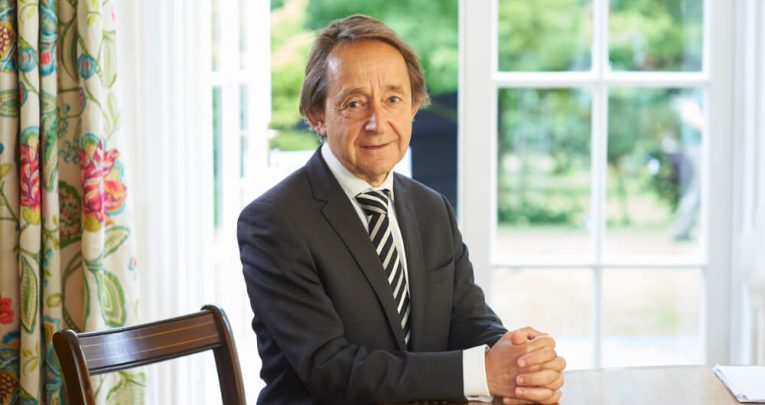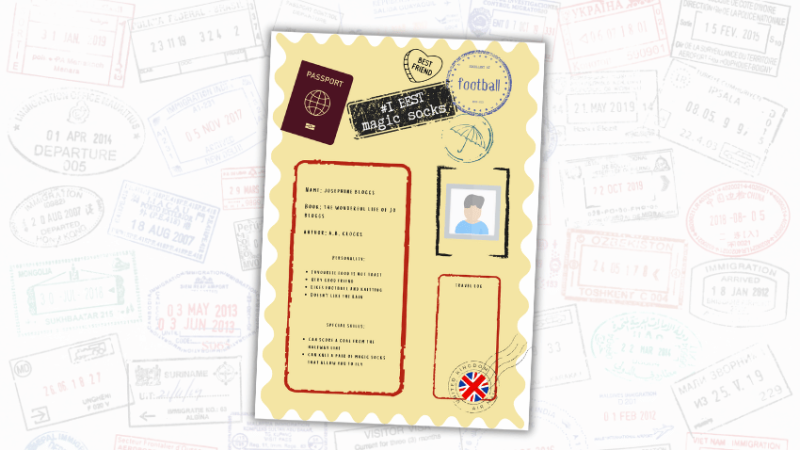Are Robots Really Set to Replace Teachers? Sir Anthony Seldon Discusses AI and Agency

“It’s the biggest thing to happen in education for 500 years”

Was there a catalyst that first set you off thinking about the possible influence of AI in education? Yes – one of my governors at Wellington College, Tim Bunting, was very interested in AI, and in the summer of 2015 he asked me to think about looking at it in relation to education.
Before then I’d been, if not an actual Luddite, certainly no technology enthusiast; I only started emailing in 2006, when my PA quite rightly bullied me into doing so. It was a massive learning curve for me, then, but although there were plenty of downsides to that, a huge upside was that I had no preconceptions.
I think it’s often the case that EdTech proponents don’t really understand about teaching and learning; whereas that’s where I started, and so I was able to look with a fresh pair of eyes at how AI might make a real difference. I wasn’t starstruck by the technology.
You wrote The Fourth Education Revolution with Oladimeji Abidoye – how important was his contribution? Fantastically so. Oladimeji is a research student at the University of Buckingham, where I am Vice-Chancellor.
Often, when I am writing a book, I like to work with people who are still making their way through the system – it’s helpful, I hope, for them, and we can make discoveries together. Writing a book can be a lonely experience, and this way I have someone with whom I can talk about it all.
Besides, I like spending time with young people. Oladimeji was very useful, and a great companion, and on top of that, he understood a million times more about AI than I did, and wrote better than I can. Education is about all of us learning from each other.
Do you think another education revolution is inevitable? I do. Technology tends to have its own, magisterial force – it just drives through. What is not inevitable, though, is how we engage with that revolution.
At the moment, our education system is geared too much towards passive learning, and unless we change this, there’s a real risk that we will end up infantilised by technology, rather than using it for our own benefit.
The regime has drastically narrowed the scope of education, and active learning has had to make way for learning the ‘right’ answer, in the ‘right’ way.
Ironically, the architects of the system do this for the very best of reasons – to improve social mobility. But it doesn’t allow agency to be developed for every student.
If they are learning the ‘right’ answer, rather than their answer, then no matter how brilliant they are, they are not thinking independently.
And without independent thinking, we will never be able to negotiate our way around these machines, which will always be better than us at coming up with the ‘right’ answer, anyway.
What do you think education is for, really? Well, many people in the DfE would say it’s to maximise exam grades – but that’s only part of what schools are about. They are there to develop all the aptitudes we have inside us; all our different intelligences.
To prepare us for love, for having children, for leisure, for being good citizens, for a life of curiosity and fascination – as well as for employment. And the rise of AI means that different skills will be required for success in the future.
So in medicine, for example, the technology will be able to assess symptoms and make accurate diagnoses – but what it won’t be able to do, is relate to patients in a human way. I am not saying we need to get rid of the cognitive skills; they are necessary, but they are not sufficient.
Rigour and exams matter. But more is needed.
How optimistic are you when you think about the future of our education system? I’m agnostic. I do think government ‘gets’ AI in transport, in the professions, in ethics – but it doesn’t yet understand its impact on teaching and learning. That’s why we need to start the conversation; this is the biggest thing to happen in education for 500 years.
The Fourth Education Revolution, by Sir Anthony Seldon with Oladimeji Abidoye, is published by The University of Buckingham Press. All royalties from the sale of the book go to the Jo Cox Foundation.








